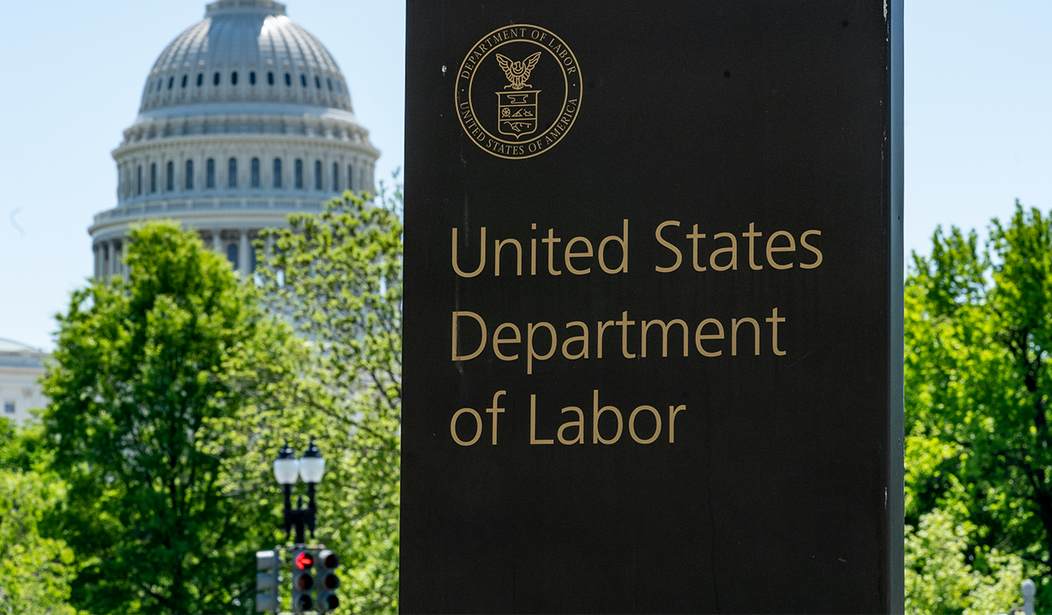When I became Secretary of Labor I took an oath to “well and faithfully discharge the duties of the office.” Whether my cabinet colleagues and I have done so is ultimately for the American people to judge: one of the privileges of being an American is the ability to hold executive and legislative branch officials accountable at the ballot box.
This accountability is often undermined, though, by officials tasked with a job who pass it off to someone else, to avoid responsibility for how it gets done. The result in some cases has been to transform government of, by, and for the people into government by persons unknown, for reasons obscure to the public. President Trump was elected in no small part to address this problem and restore accountability to government.
Today the Department of Labor took a modest but important step to that end. Under new regulations, the Secretary of Labor will have the power to review, at his discretion, decisions of the Administrative Review Board, or ARB, an adjudicative body within the Department. The ARB issues decisions in the Secretary’s name—in cases where Congress specified that “the Secretary of Labor shall issue final order[s]”—but with no real oversight by the Secretary himself.
Our new system allows the ARB to continue its important work deciding administrative appeals, but gives the Secretary the authority to step in when a case is wrongly decided. The new regulations also contain due process protections so the Department fairly exercises its dual roles as litigant and judge.
Recommended
Discretionary review by the head of a department is found elsewhere in government, such as at the Department of Justice (DOJ), where the Attorney General has oversight of the Board of Immigration Appeals. Experience at DOJ shows what a powerful tool that oversight can be to ensure that agency decisions are made in accordance with the law. And of course, the fact that a department head has the power to review decisions by his agency means he cannot deflect blame when something goes wrong.
Our Constitution was designed in the belief that “ambition must be made to counteract ambition.” Each branch of government was empowered to check the others, to hinder the accumulation of power toward which, the Framers believed, governments naturally inclined. How surprised the Founders might be to see that in some cases, government officials exhibit the exact opposite behavior. Instead of competing in a struggle for power, they punt decision-making to one another, avoiding hard choices and the attendant accountability. It’s not power these officials are after—it’s plausible deniability. And while government officials who grasp for power certainly remain a danger to guard against, so too are officials who shirk the accountability that’s fundamental to representative governance in the first place.
In his inaugural address, President Trump said that “what truly matters is not which party controls our government, but whether our government is controlled by the people.” Our action today advances that principle, by helping ensure that future secretaries and I well and faithfully discharge our duties—and that we’re held accountable if we do not.
Eugene Scalia serves as the 28th Secretary of Labor.

























Join the conversation as a VIP Member